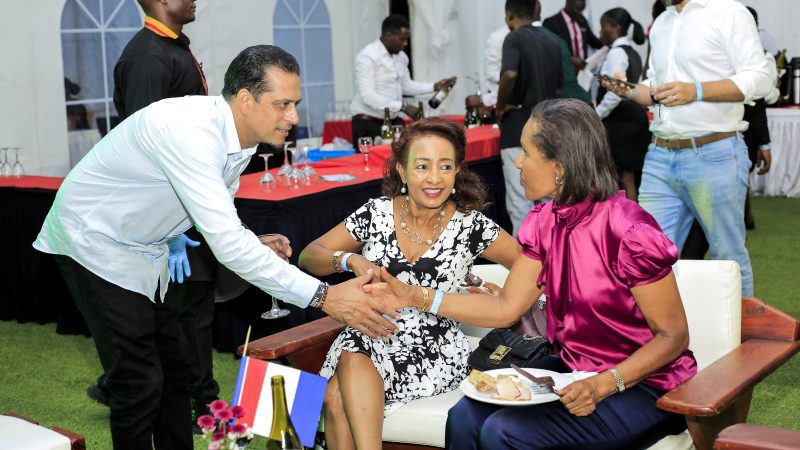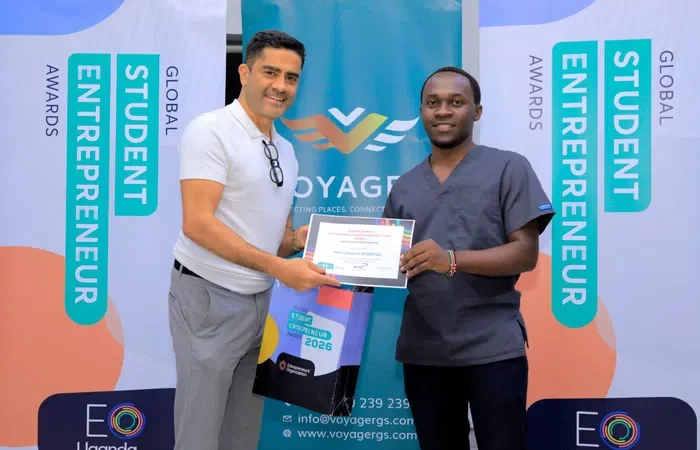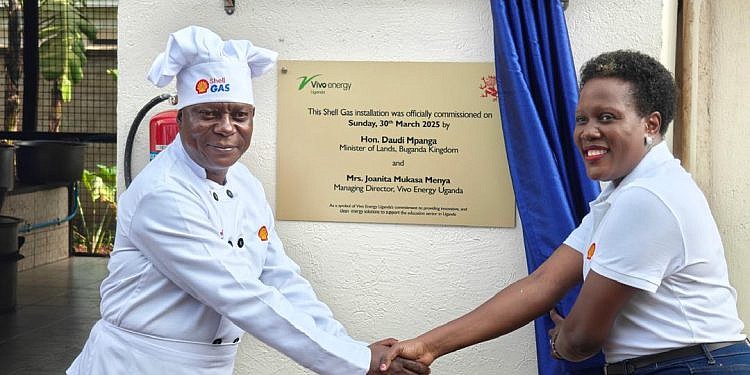As the clean energy movement continues to grow, Vivo Energy Uganda started an initiative that will scale up the use of cooking gas in Ugandan schools.
This will ensure schools move away from the traditional sources of energy including charcoal and firewood.
As part of the initiative, on Sunday, Vivo Energy Uganda installed a Shell Gas facility at King’s College Budo as a modern, safe, and sustainable cooking solution for the school.
Vivo Energy Uganda also announced it has introduced a comprehensive Shell Gas package tailored to the needs of primary, secondary, and tertiary educational institutions which a high-capacity Shell Gas tank, a complete installation system with piping and meters, gas cylinders, burners, cookers, and critical safety equipment such as fire extinguishers, emergency shut-off valves, and protective fencing.
Additionally, the programme offers free training for school support staff on the safe use and handling of Shell Gas, ensuring compliance with regulatory standards.
“At Vivo Energy Uganda, we are committed to delivering high-quality energy solutions that not only enhance efficiency but also promote sustainability and community wellbeing. This partnership is a testament to our commitment to driving positive change in Uganda’s education sector and beyond,” said Joanita Menya Mukasa, the Managing Director of Vivo Energy Uganda.
“Since the country is going clean, as market leaders, Vivo has decided to lead this initiative of ensuring schools go clean in the way they cook meals for learners.”
She said Uganda is one of the least penetrated countries int terms of liquified petroleum gas, a situation she said Vivo seeks to change.
“Uganda is at about 0.8kg per capita with our neighbouring countries like Kenya sitting at about 4 to 8 kg per capita while our far northwest is even better. In Uganda it has been a tough one with concerns like security, safety and the like. This is the call upon Ugandans that we have addressed all those concerns. Gas is very safe and secure to be used at home and very basic to operate,” Menya said.
Alvin Bamutire, Shell Gas Manager at Vivo Energy Uganda, highlighted the broader impact of the initiative.
“Our Shell Gas solutions provide schools with a reliable, cost-effective, and safer alternative to traditional fuels. This initiative is crucial in reducing health risks associated with firewood and charcoal while significantly contributing to environmental conservation. It aligns with our sustainability framework, which prioritises the wellbeing of people, the protection of the planet, and impactful partnerships that drive long-term positive change. Our team is dedicated to ensuring a seamless installation process and providing ongoing support to schools for a smooth transition,” Bamutire said.
Canon John Fred Kazibwe, Headmaster of King’s College Budo welcomed the initiative.
“We are honoured to be the first school in Uganda to adopt this safer, cleaner cooking solution. As an institution that values both academic excellence and the wellbeing of our community, it is our duty to lead by example. This transition from charcoal and firewood to Shell Gas not only enhances the health and safety of our students and staff but also reinforces our commitment to environmental sustainability,” he said.
Officials at the school said they have been spending at least shs900,000 every two days for firewood but according to Vivo, the school will now only need shs5 million every three weeks to refill the 1000kg gas tank.
This will in turn save a lot of money which was going towards firewood but also save the cooks at the schools from breathing related complications.







